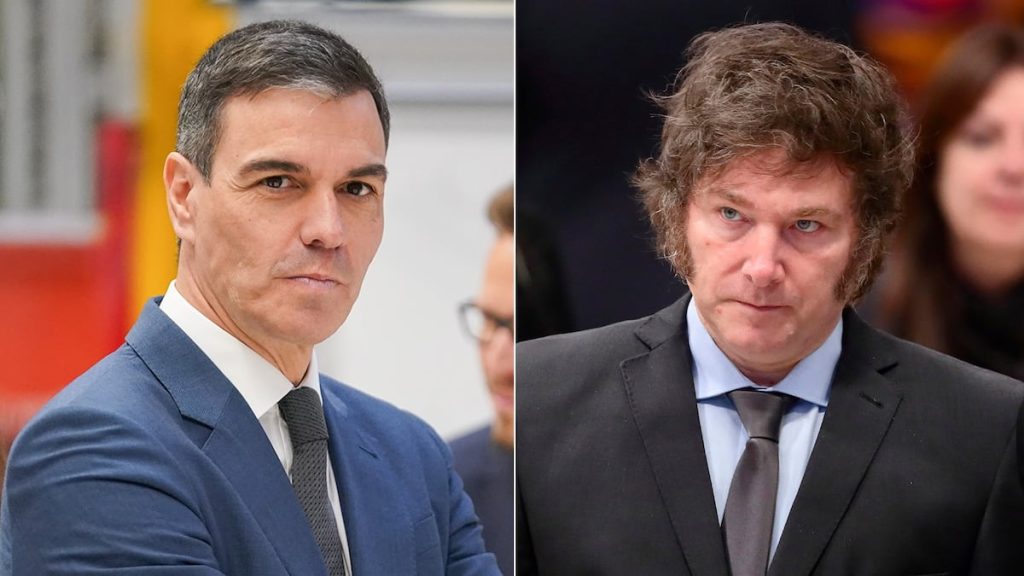Politics, especially in an era dominated by social media, has increasingly relied on hatred and anger as its main tools. Leadership is equated with provocation, particularly in societies plagued by uncertainty and material distress. The method is simple: identify an enemy every day and mobilize public opinion against them. While this tactic is commonly used in domestic power struggles, it becomes problematic when applied to foreign relations. This trend, inspired by conflicts between states or governments, is now focusing on ideological differences, with leaders attacking each other based on partisan interests rather than national interests. This approach is becoming more common in the Ibero-American region, exemplified by the recent tensions between the Argentine and Spanish governments.
The recent confrontation between the Argentine and Spanish governments, particularly the remarks by Spanish Minister Óscar Puente regarding the Argentine President Javier Milei’s personal life, is indicative of the deep adversities within international relations. When Milei won the elections, the Spanish Socialist government failed to congratulate him, with remarks instead coming from left-wing figures criticizing him for his supposed alignment with far-right ideologies. This clash is set to intensify, as the Argentine President plans to visit Spain not for official activities but to participate in a meeting with the far-right party Vox. This has prompted diplomatic efforts to moderate the Argentine President’s attacks on left-wing governments.
The interplay between ideological factions shapes these diplomatic conflicts, with former Argentine President Alberto Fernández joining the fray in defense of his political stance against the right-wing attacks. The tension between the Argentine and Spanish governments also implicates figures from other countries, such as the former Brazilian President Lula and Colombian politician Gustavo Petro, as they intervene in the situation. The diplomatic relations between countries in the region are further strained by political controversies, such as Mexican President López Obrador’s historical grievances against Spain and Ecuador’s legal actions against Mexico for its interference in Ecuadorian affairs.
This diplomatic turmoil extends beyond bilateral disputes and grapples with regional integration efforts, as seen in the challenges faced by Ibero-American organizations like the one led by former Chilean Foreign Minister Andrés Allamand. The escalating tensions among leaders signal a shift towards tribe-like ideological allegiances, leading to a degradation of international diplomacy. The international political landscape is characterized by confrontational rhetoric and personal attacks, undermining cooperation efforts and impeding the development of a unified regional agenda.
In conclusion, the influence of social media and divisive political tactics has reshaped international relations, creating a new era of “interfacciosa” diplomacy marked by anger and tribalism. Leaders prioritize ideological warfare over diplomatic dialogue, resulting in fractured regional relationships and undermining efforts towards unity and cooperation. The escalating diplomatic turmoil in the Ibero-American region underscores the urgent need for a return to constructive dialogue and a focus on collective challenges, rather than individual political agendas.















